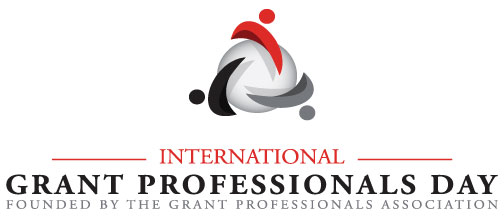08 Mar Grants 301 Training Series
Posted at 11:38h
in Competency Five, Competency Four, Competency Seven, Competency Six, Competency Three, Competency Two, Courses, Grant Training Series, Grants 301
Cost: $50/session or $300 for the full series Grants 301 Series Sessions by GPCI Competency These sessions are designed to provide targeted content for individuals who are really passionate about grants and want to take their skills to the next level. To register for the complete series or...










